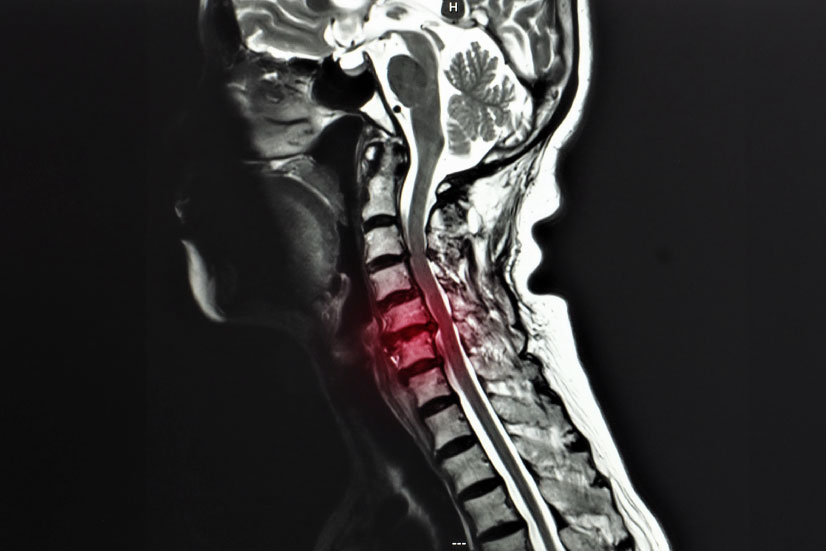Cervical Myelopathy

Cervical myelopathy is a condition characterized by compression of the spinal cord in the neck region (cervical spine), leading to a range of neurological symptoms. At Dr. Isaac Bone & Joint Speciality Hospital, we specialize in the diagnosis and treatment of cervical myelopathy, providing comprehensive care to help patients manage their symptoms and improve their quality of life.
Cervical myelopathy is often caused by degenerative changes in the spine, such as disc herniation, spinal stenosis, or bone spurs, which can narrow the spinal canal and compress the spinal cord. This compression can result in a variety of symptoms, including weakness or clumsiness in the hands and arms, difficulty walking, balance problems, numbness or tingling in the extremities, and changes in bladder or bowel function.
Diagnosis of cervical myelopathy typically involves a thorough evaluation of symptoms, a physical examination, and imaging studies such as MRI or CT scans to assess the extent of spinal cord compression. Early diagnosis is essential for effective treatment and to prevent further progression of the condition.
Treatment options for cervical myelopathy depend on the severity of symptoms and the underlying cause of the condition. Conservative treatments such as physical therapy, medications, and activity modification may be recommended to help manage symptoms and improve function. In some cases, cervical traction or epidural steroid injections may be used to alleviate pain and reduce inflammation.
For patients with severe or progressive symptoms, surgical intervention may be necessary to decompress the spinal cord and stabilize the spine. Surgical procedures such as laminectomy, discectomy, or spinal fusion may be performed to relieve pressure on the spinal cord and restore stability to the cervical spine.
At Dr. Isaac Bone & Joint Speciality Hospital, our team of experienced orthopedic surgeons and neurosurgeons are dedicated to providing personalized care to patients with cervical myelopathy. We work closely with each patient to develop a treatment plan tailored to their individual needs and goals, with the aim of improving symptoms and enhancing quality of life.

